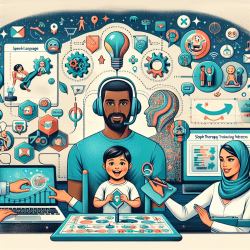Introduction
In today's rapidly evolving technological landscape, data sharing has emerged as a crucial component of scientific progress. However, it also raises significant ethical questions, particularly concerning privacy, confidentiality, and informed consent. The research article "Data Rights and Responsibilities" offers valuable insights into how a human rights framework can be applied to these challenges, providing a comprehensive approach to data sharing that respects individual and community rights.
Understanding the Human Rights Framework
The Universal Declaration of Human Rights (UDHR) and subsequent international treaties provide a foundation for understanding the rights and responsibilities associated with data sharing. These documents emphasize individual autonomy, informed consent, and the right to enjoy the benefits of scientific progress. By integrating these principles, practitioners can develop ethical data sharing practices that respect both individual and community rights.
Key Insights for Practitioners
The research highlights several key areas where practitioners can enhance their skills:
- Informed Consent: Practitioners should ensure that informed consent processes are robust and consider both individual and community rights. This may involve developing new consent models that address the unique needs of different communities.
- Privacy and Confidentiality: Safeguarding privacy and confidentiality is paramount. Practitioners should implement risk-based ethics reviews and adopt technologies that minimize the risk of re-identification.
- Balancing Rights: The human rights framework helps practitioners navigate the tensions between individual and community rights, ensuring that data sharing practices do not disproportionately impact marginalized groups.
- Government and Institutional Responsibilities: Practitioners should advocate for legal and institutional frameworks that protect data rights and hold violators accountable.
Encouraging Further Research
While the human rights framework offers a valuable lens for data sharing, it also raises new questions that warrant further exploration. Practitioners are encouraged to engage in ongoing research to refine ethical data sharing practices. Areas for further investigation include:
- Developing international codes of conduct for data sharing based on human rights principles.
- Exploring the implications of community rights in data sharing, particularly for indigenous and minority groups.
- Assessing the impact of technological advancements on privacy and data security.
Conclusion
By applying a human rights framework to data sharing, practitioners can enhance their skills and contribute to the development of ethical, responsible data practices. This approach not only addresses the ethical challenges of data sharing but also promotes the equitable distribution of scientific benefits.
To read the original research paper, please follow this link: Data Rights and Responsibilities.










